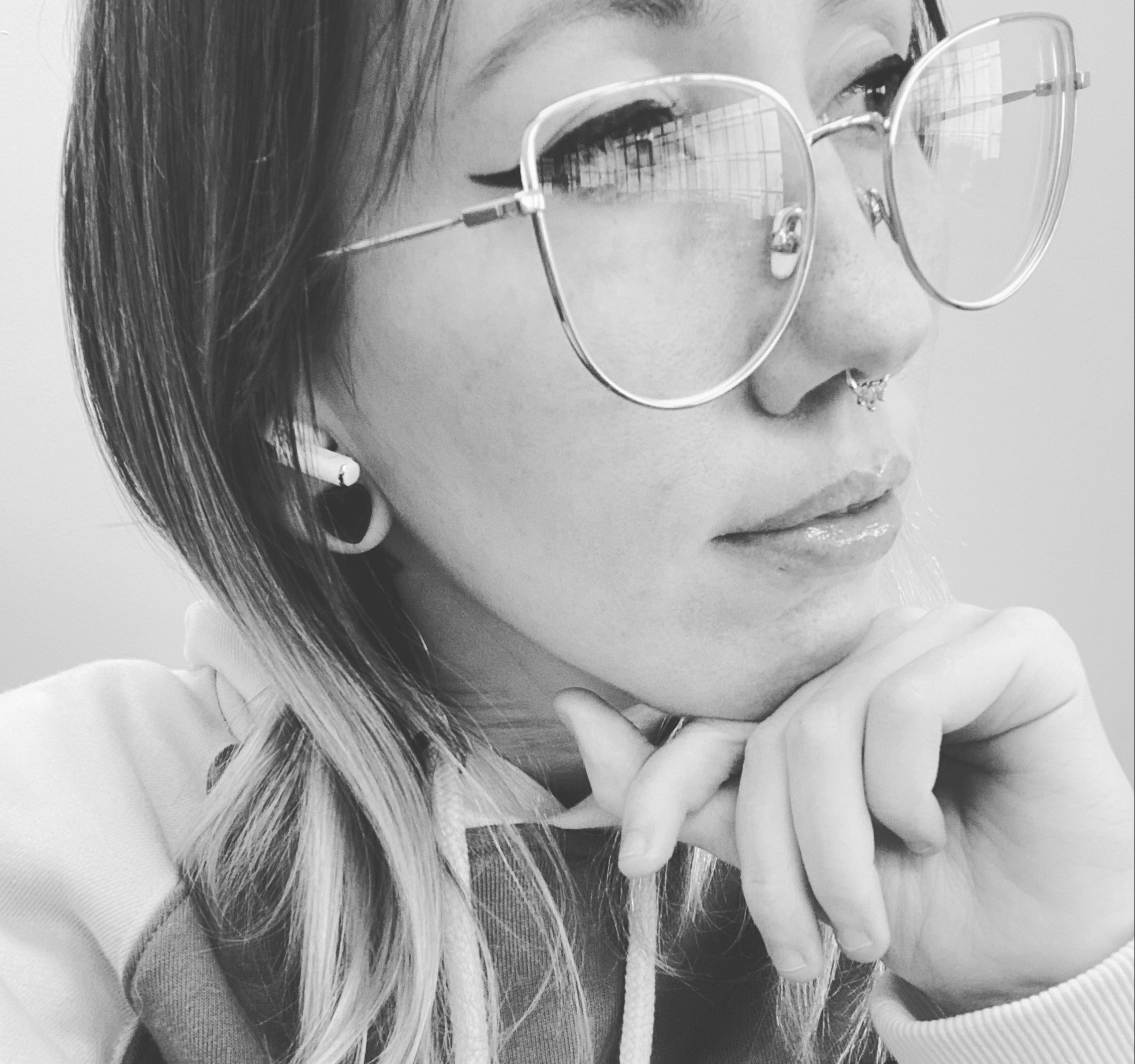The Winters Group hosted the Racial Justice at Work Summit, a two-day event focused on actualizing justice in the workplace and based on the new book by Mary-Frances Winters and The Winters Group Team, Racial Justice at Work. The Winters Group is a global diversity and inclusion consulting firm founded by Mary-Frances Winters, who has authored three other Berrett-Koehler (BK) books: We Can’t Talk about That at Work!, Inclusive Conversations, and Black Fatigue.
I’ve been a part of the BK team for about eight months now. I have always had a personal desire to make a difference in the world and be a changemaker, but prior to working at BK, my understanding of DEIJ work was shallow. Joining BK has felt like diving headfirst into a pool of diversity and inclusion knowledge.
I decided to attend this groundbreaking event and bring our readers a taste of the powerful and necessary work that The Winters Group and this book are doing.
This was my first DEIJ summit, and this was my experience.
![]()
I joined the Zoom meeting and was greeted by joyful music and the smile of Kevin Carter, vice president of strategy and assessments at The Winters Group. He led us in a community-building and centering activity called Present Moment, Precious Moment. I’m not much of a “new-age” person, but I really liked this practice. The Zoom chat, which had previously been flying by with greetings and LinkedIn plugs, went quiet. Everyone was participating. There were 100+ people from a myriad of communities choosing to be present in that moment together, with one purpose in mind: diversity, equity, inclusion, and justice actualized.
Mary-Frances Winters then led the opening keynote, which focused on the trends, tragedies, and most importantly, the triumphs in our current climate. She said that we live in a VUCA world. VUCA is an acronym for volatile, uncertain, complex, and ambiguous. And in this VUCA world, it’s our job to intervene when we see injustice happening.
“Staying on the Hook: How to Lean into Accountability”
The next session I attended was led by Tami Jackson, instructional designer; Rochelle Younan-Montgomery, instructional designer; and Scott Ferry, lead instructional designer. The opening of this session left an impact on me. Rochelle invited the other hosts to introduce themselves in order of who had experienced the most harm. They proceeded to introduce themselves with all of their intersecting identities and proximity to whiteness.
From there, they had a conversation about what it means to take personal accountability in the workplace. They pressed the importance of not only being accountable for your own feelings and actions but holding others accountable when they do something that is outside the cultural norm of the company. They also noted that feeling psychologically safe within your company and with your coworkers allows for freedom to uphold accountability without fear of retaliation.
In her chapter in Racial Justice at Work, Rochelle writes that restorative dialogue is the key to interpersonal accountability. She says, “Here’s the thing, folks. If we are committed to the work of antiracism and justice, we need to get comfortable slowing down enough to own our mistakes. Conflict is a normal part of any organizational dynamic. Consider for a moment your typical reaction to being invited into accountability.” Accountability shouldn’t be a dirty word that evokes feelings of dread and defensiveness. Everyone should hold themselves, their family, friends, and peers accountable with pride.
.png?width=260&height=339&name=Racial%20Justice%20at%20Work%20Book%20Cover%20(1).png) The Fireside Chat with Mary-Frances Winters
The Fireside Chat with Mary-Frances Winters
Following this incredibly enlightening session was a fireside chat with Mary-Frances Winters, found and CEO. First, I’d like to bring attention to how engaging, supportive, and powerful Mary-Frances is. I hadn’t interacted with her outside of email prior to this event. I was so taken by her energy that I messaged my coworker (her marketing team leader) to gush about her.
A fireside chat is unhindered by an agenda. It’s fueled by questions from the community. So during this session, we covered a plethora of topics. One conversation really stood out to me. Mary-Frances urged us to stop centering white comfort. She said that centering white comfort is what leads to people holding their tongues in the face of racist comments and anti-Blackness. We must allow ourselves to make people uncomfortable. In Racial Justice at Work, Mary-Frances writes, “I want to be clear. The goal is not to alleviate discomfort. It is to create a space for learning. Discomfort is a necessary part of most learning journeys.”
“Disrupting What It Means to Be a Productive and Healthy Workplace”
The next session with Thamara Subramanian, equity audit and strategy manager, and Rochelle Younan-Montgomery focused on personal wellness and its role in the workplace. In her chapter in Racial Justice at Work, Thamara writes, “Throughout American history, from the origins of slavery to ‘welcoming’ immigrants to this country, the expectation was and continues to be ‘a productive member of society,’ meaning the more you work, the more you are worthy.”
Thamara and Rochelle discussed the topic of rest as a “luxury” instead of a “necessity.” They said that, while most employers offer PTO (paid time off), and some have unlimited PTO, most employees don’t use it because we have internalized that productivity equates to worth. They suggested that companies should stop thinking about flexible and unlimited PTO and start thinking about mandatory PTO.
Second Keynote: “Transforming Resistance to Center Justice”
The next day started with a keynote with Kevin Carter and Dr. Terrence Harewood, vice president of learning and innovation with The Winters Group. This session taught us about “motivational interviewing” and how it can be used to address polarization from DEIJ work within organizations.
The essentials of motivational interviewing were introduced as:
- Express empathy for underlying motivations.
- Understand that direct persuasion is ineffective and often counterproductive.
- Identify ambivalence.
- Align with the client to promote change that reflects increased awareness, by them, of the discrepancy.
- Promote change that emerges from the client, not change imposed from the outside.
- Develop discrepancy.
Motivational interviewing is, in the most basic form, a way to coach people into identifying their big assumptions about DEIJ and finding the reasons why they may be resisting change. Once they discover the discrepancy between their big assumption and reality, they can begin to work on it.
After this summit, I noticed myself asking more questions when confronted with bigotry. Rather than assuming the person making biased statements is awful, I became curious and instead asked what they were afraid of losing by being intentionally inclusive. And while I might not have changed someone’s mind at that moment, I was able to defuse their defensive instinct to have a real open dialogue.
“The Affect of Cultural Readiness on Systemic Change”
This session was presented by Dr. Terrence Harewood and piggybacked off of that morning’s keynote. In this session, Dr. Harewood introduced us to two fictional characters, Claudia and Jake.
In this story, Jake was the owner of a family-owned company with a culturally insensitive name. Claudia was an HR professional at the company. Jake wasn’t a bad guy, he wanted to do his part and make an impact, but he was uneducated. Rather than Claudia assuming Jake was an awful guy, she was patient with him and educated him throughout his many, many faux pas.
The moral of this story was that to bring justice to the workplace, DEIJ changemakers need to be open-minded and come from a place of curiosity rather than assuming the worst about a person or writing someone off when they do something insensitive. Through this kind of patience, you can guide someone through their DEIJ journey and help achieve real change in the workplace.
From this session came a quote that has stuck with me since:
“Do I want to make a point, or do I want to make an impact? Do I want to be right, or do I want to be effective?”
“Fostering Impact at the Multi-BioPsychoSocial Level”
I’ll admit, when I first signed up for this session, I had no idea what the title even meant. This session was presented by Kevin Carter. He explained that biopsychosocial work is the soothing and strengthening of your mind, body, and relationships to effectively work within the DEIJ space. Equity work is emotionally and physically exhausting and it can be traumatic. DEIJ changemakers need to care for their own well-being to cultivate change within the different levels of an organization:
- Macro-Level—Related to organizational goals, strategies, and tactics
- Meso-Level—Related to team performance, culture, and relationships
- Micro-Level—Related to personal knowledge, behaviors, and wellness
One method to ensure biopsychosocial health is to adhere to the small wins theory. Success is a series of small wins. Social justice issues are huge. Every time you fix one thing, another is broken. So people doing this kind of work can often feel as though they are failing if they’re not appreciating their small wins. Also, fixing big problems in big ways attracts big enemies and big detractors and oftentimes can be more harmful.
The remainder of this session broke down the small wins theory at the macro, meso, and micro levels to teach us how to make big impacts in small ways.
![]()
Attending the Racial Justice at Work Summit hosted by The Winters Group had a profound impact on my understanding of diversity, equity, inclusion, and justice. With sessions covering topics such as accountability, personal wellness, and motivational interviewing, the summit provided insights on how to bring about real change in the workplace. I learned the importance of patience, curiosity, and small wins to achieve impactful change at the macro, meso, and micro levels of an organization.
I am so happy I had the opportunity to attend this summit. It was a powerful and necessary reminder of the work that needs to be done to create a more just and equitable world.




